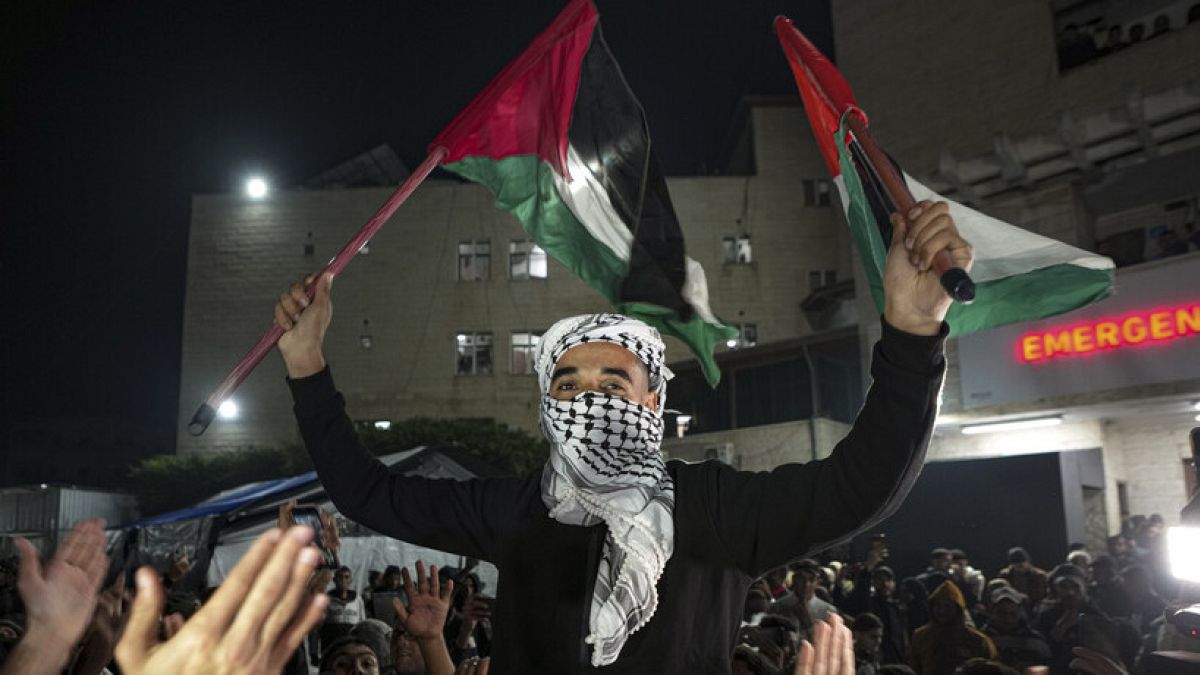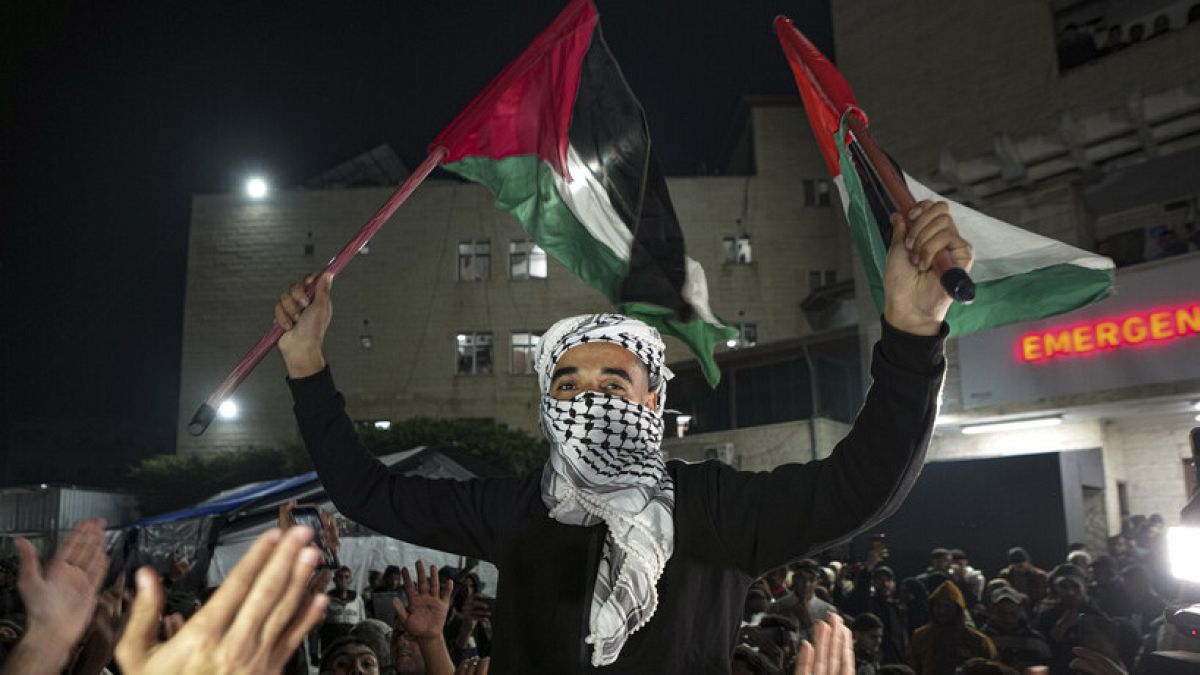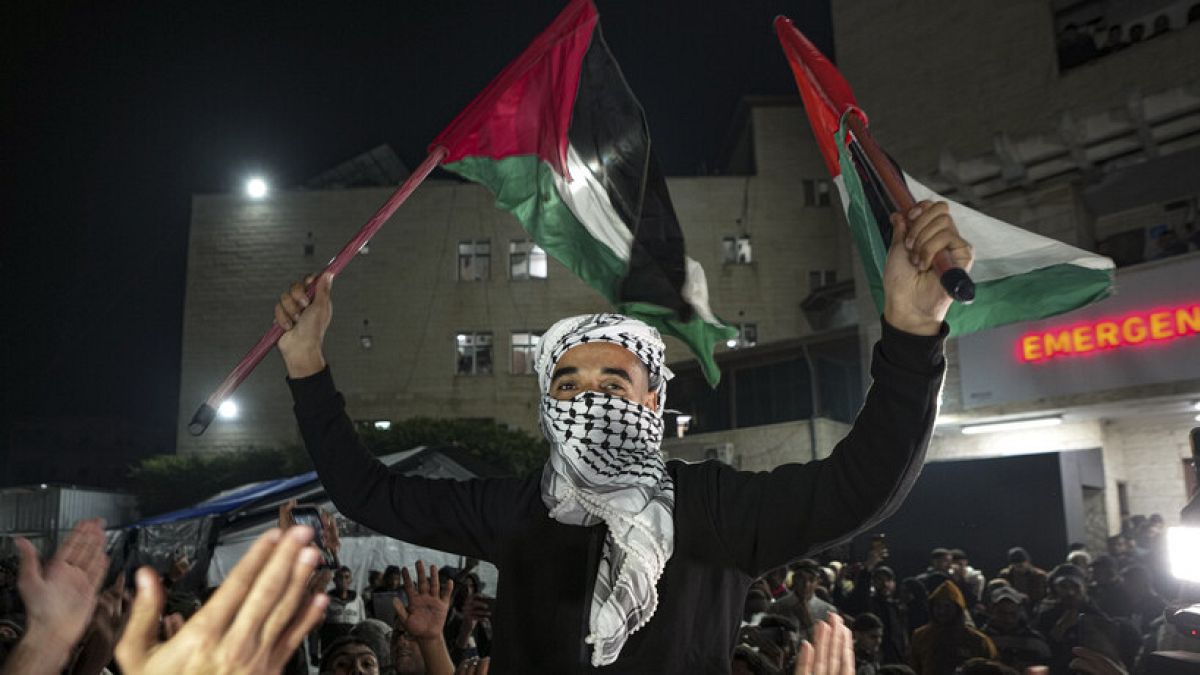European leaders pledge support to Ukraine after partial ceasefire deal
European leaders and officials have cast doubt on a limited ceasefire agreement between Russia and Ukraine and refused to stop sending military aid to Kyiv, rejecting demands from Moscow.
The Kremlin on Tuesday stopped short of agreeing to the full 30-day ceasefire agreement proposed by the US and backed by Ukraine, which proposed a full halt in fighting including in the Black Sea and across the frontline.
Moscow instead accepted a limited version of the deal, with Russian President Vladimir Putin agreeing to halt attacks on energy infrastructure and exchange prisoners.
Russia on Wednesday also issued a statement suggesting that the complete cessation of foreign military aid and intelligence to Ukraine was a key condition to “avoid escalating the war”.
German Defence Minister Boris Pistorius called the demand “unacceptable” in an interview with broadcaster ZDF.
His sentiment was echoed by German Chancellor Olaf Scholz and French President Emmanuel Macron, who said on Tuesday that Ukraine would be able to count on French and German military aid.
In a joint press conference with Ukrainian President Volodymyr Zelenskyy, Finnish President Alexander Stubb also gave assurances Finland would continue its military aid to Ukraine.
Stubb praised Trump as a “seasoned negotiator” in opening up a space for further peace talks, which are slated to begin on Sunday.
Ukraine should “define its red lines and negotiating position” Stubb said, adding that Kyiv should have the right to chose whether it wants to join the EU and NATO — both key demands from Kyiv that are at odds with the Kremlin’s wishes.
For her part, the EU’s foreign affairs chief Kaja Kallas tabled a proposal to release €40 billion in fresh military support for Ukraine which, if approved, could ramp up deliveries of artillery ammunition, air defence systems, missiles, drones and fighter jets.
Kallas told Euronews that the current talks between the US and Ukraine and the US and Russia amounted to “shuttle diplomacy” and that Europe would have a seat at the negotiating table when formal talks begin.
“Of course for any deal to work you need Europeans around the table to agree to the deal. Because the implementation of the deal needs to be in the hands of Europe,” Kallas said.
Further doubt was cast on the truce after Russia launched a wave of drone attacks on Ukraine hours after the phone call between Putin and US President Donald Trump.
Ukrainian leader Volodymyr Zelenskyy said Russia launched around 40 drones at Ukraine overnight, hitting civilian infrastructure including a hospital in Sumy and a railway network in Ukraine’s central Dnipropetrovsk region.
“Attacks on civilian infrastructure in the first night after this supposedly pivotal and great phone call have not abated,” Pistorius said.
“Putin is playing a game here, and I’m mühlet that the American president won’t be able to sit and watch for much longer.”


